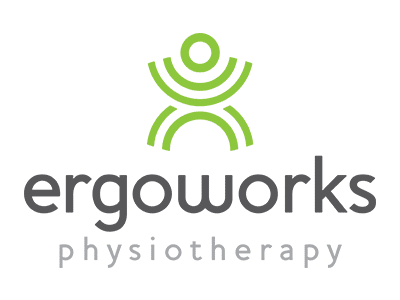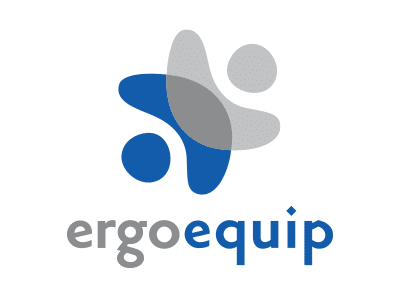The Ultimate Guide to Thriving in an Activity-Based Working Office

Activity-Based Working, commonly known as ABW, is a modern office design concept that focuses on providing employees with a variety of workspaces to choose from. These spaces are tailored to different types of tasks, enabling employees to select the environment that best suits their work at any given moment. ABW offices prioritize flexibility, collaboration, and individual preferences, making them an attractive option for many organizations.
Ergonomics is the study of designing equipment and devices that fit the human body, its movements, and its cognitive abilities. In the context of ABW offices, ergonomics plays a vital role in ensuring that workspaces are comfortable and promote employee well-being.
Ergonomic Solutions for ABW Offices
ABW offices can benefit from various ergonomic solutions, including:
Adjustable Desks: These allow employees to switch between sitting and standing, promoting movement and reducing the risk of prolonged sitting-related health issues.
Ergonomic Chairs: Chairs with lumbar support, adjustable armrests, and proper cushioning enhance comfort and reduce strain.
Ergonomic Furniture and Equipment Options
Choosing the right furniture and equipment is crucial for ABW offices:
Monitor Arms: Adjustable monitor arms ensure that screens are at eye level, reducing neck strain.
Keyboard Trays: Pull-out keyboard trays help maintain a neutral wrist position.
The Role of an Ergonomic Consultant
Ergonomic consultants specialize in optimizing workspaces. Their services may include:
Workspace Assessments: Thorough evaluations of office layouts and individual workstations.
Training: Providing employees with guidance on proper ergonomics and workspace setup.
Ergonomic consultants can transform an office into a productive space by identifying and mitigating ergonomic issues, improving employee well-being, and reducing the risk of work-related injuries.
Enhancing Productivity in ABW Offices
Strategies for Improving Productivity in ABW Environments
Customized Workstations: Allowing employees to personalize their workstations according to their preferences and tasks.
Collaboration Zones: Designating areas for team meetings and brainstorming sessions.
The Role of Ergonomics in Achieving Productivity Goals
Ergonomics plays a key role in boosting productivity by creating a comfortable and adaptable workspace, reducing distractions, and supporting employee health.
Creating a Comfortable and Healthy Work Environment
A comfortable and healthy work environment leads to:
Higher Job Satisfaction: Employees are more content when they work in a pleasant and supportive setting.
Lower Absenteeism: Fewer health-related absences due to discomfort and injuries.
Tips for Creating a Wellness-Promoting Environment
Natural Lighting: Maximizing natural light to reduce eye strain.
Plants: Adding greenery to improve air quality and aesthetics.
The adoption of Activity-Based Working (ABW) offices is a forward-thinking approach that can significantly enhance workplace productivity and employee well-being. By integrating ergonomics into the design and setup of ABW offices, organizations can create a work environment that supports the needs and preferences of their employees while promoting a healthy and productive atmosphere.


